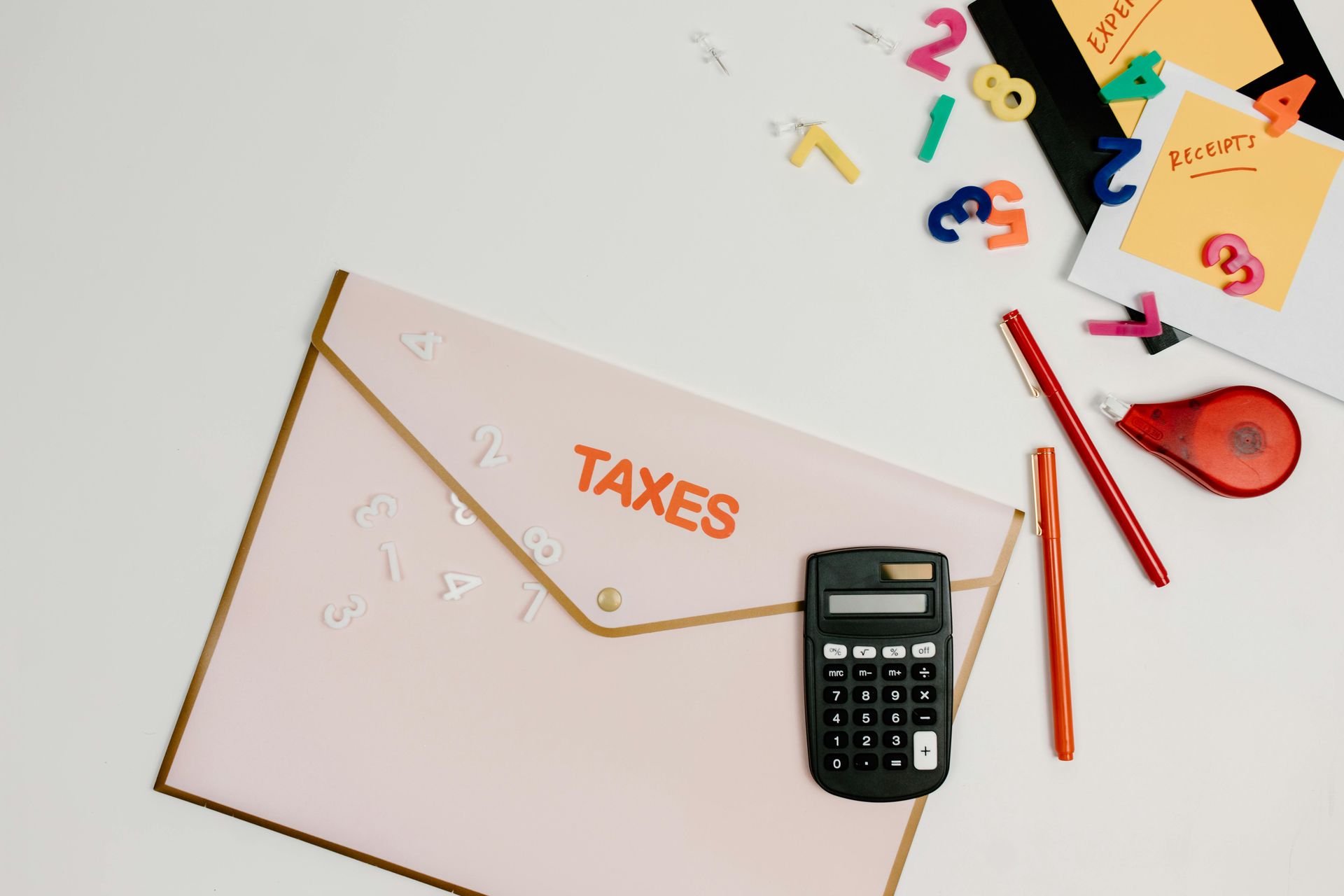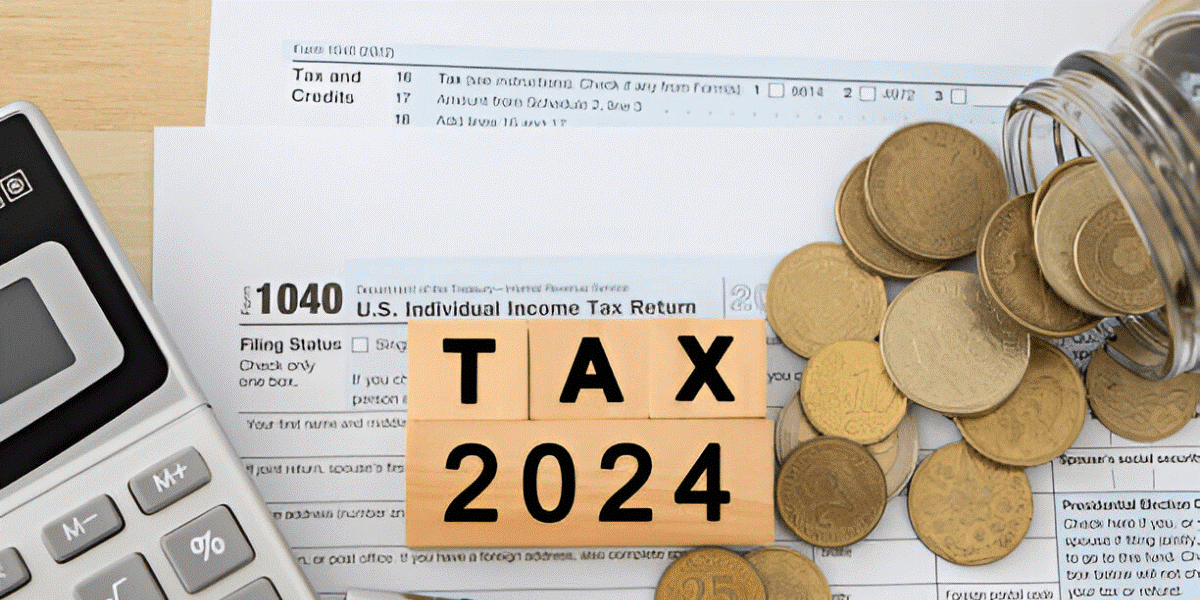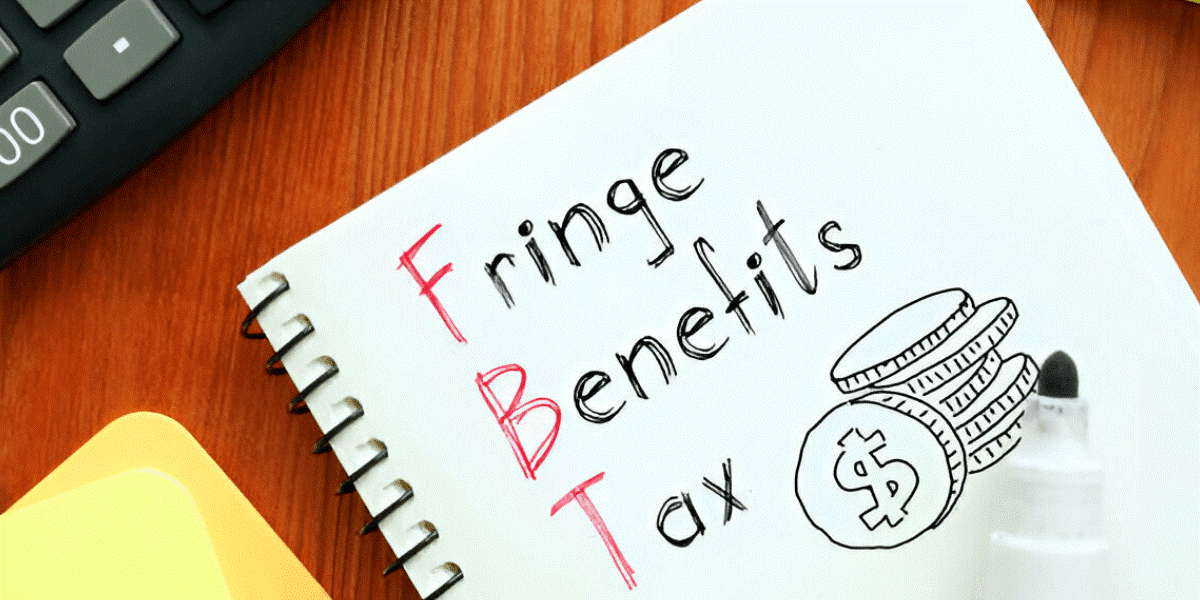Cracking the Code: ATO's Focus on Short-Term Rental Property Deductions - Unlock the Secrets to Maximize Your Tax Benefits. Discover the key deductions, record-keeping requirements, and common mistakes to avoid. Stay on the ATO's good side and maximize your investment. Read more

Cracking the Code: ATO's Focus on Short-Term Rental Property Deductions
Are you a short-term rental property owner looking to maximize your tax deductions? Look no further! In this article, we will dive into the Australian Taxation Office's (ATO) focus on short-term rental property deductions and reveal the secrets to cracking the code. As the popularity of platforms like Airbnb continues to soar, the ATO has been paying close attention to the tax obligations of short-term rental property owners. Understanding what deductions you can claim and how to do it correctly can make a significant difference to your bottom line. From claiming expenses for repairs and maintenance to capital works deductions, we will break down the key deductions you need to be aware of. So, if you're ready to navigate the complex world of short-term rental property deductions and ensure you're making the most out of your investment, keep reading to unlock the secrets and stay on the ATO's good side!
Understanding the Australian Tax Office's (ATO) focus on short-term rental property deductions
The rise of platforms like Airbnb has revolutionized the way people travel and find accommodation. It has also created a lucrative source of income for property owners who choose to rent out their homes or spare rooms on a short-term basis. However, with this increase in popularity, the ATO has turned its attention to ensuring that short-term rental property owners are fulfilling their tax obligations.
The ATO recognizes that short-term rental properties can provide a significant income stream for owners, and they want to ensure that everyone is paying their fair share of taxes. They have implemented measures to identify those who are not complying with their tax obligations. This means that if you are a short-term rental property owner, it is essential to understand the ATO's focus on deductions and ensure that you are claiming them correctly.
Key deductions for short-term rental property owners
As a short-term rental property owner, there are several deductions you can claim to reduce your taxable income. These deductions can help offset the costs associated with maintaining and running your rental property. It's important to note that you can only claim deductions for expenses that directly relate to your rental activities and are not private in nature.
One of the most significant deductions you can claim is for repairs and maintenance. This includes expenses such as fixing a broken toilet, repairing a leaky roof, or repainting the walls between guests. It's crucial to keep detailed records of these expenses, including receipts and invoices, to substantiate your claims.
Another key deduction is for capital works. This refers to the construction costs of your rental property, including renovations and improvements that enhance its value. The ATO allows you to claim a portion of these costs as a deduction over a number of years. It's important to note that not all capital works are eligible for deductions, so it's essential to familiarize yourself with the ATO's guidelines.
Record-keeping requirements for short-term rental property deductions
To claim deductions for your short-term rental property, you must maintain accurate records of your rental income and expenses. The ATO requires you to keep records for a minimum of five years from the date of lodgment of your tax return. These records should include details of your rental income, such as rental statements or bank deposit records, as well as receipts and invoices for expenses.
Additionally, it's a good practice to keep a logbook that records the days your property is available for rent and the days it is used for personal purposes. This logbook will help substantiate your claims and ensure that you are only claiming deductions for the periods your property is genuinely available for rent.
Common mistakes to avoid when claiming short-term rental property deductions
When it comes to claiming deductions for your short-term rental property, there are several common mistakes that property owners often make. These mistakes can lead to penalties, interest charges, and even audits by the ATO. Here are some of the most common mistakes to avoid:
1. **Incorrectly apportioning expenses** : It's important to allocate expenses correctly between personal and rental use. If you use your property for personal purposes, you can only claim deductions for the periods it is genuinely available for rent.
2. **Overstating expenses** : While it's essential to claim all eligible deductions, it's equally important not to overstate your expenses. Claiming excessive deductions can raise red flags with the ATO and may result in an audit.
3. **Lack of documentation** : Keeping accurate records is crucial when claiming deductions. Make sure you have receipts, invoices, and other supporting documents to substantiate your claims.
4. **Not separating private and rental use** : If you use your rental property for personal purposes, such as a holiday home, you can only claim deductions for the periods it is genuinely available for rent. Failing to separate private and rental use can result in incorrect claims .
5. **Ignoring ATO guidelines** : The ATO provides guidelines on what deductions are eligible for short-term rental properties. It's essential to familiarize yourself with these guidelines to ensure you are claiming deductions correctly.
Tips for maximizing your short-term rental property deductions
Now that you understand the key deductions and the mistakes to avoid, let's explore some tips for maximizing your short-term rental property deductions:
1. **Keep accurate records** : Maintain detailed records of your rental income and expenses, including receipts, invoices, and bank statements. This will help you substantiate your claims and ensure you are not missing out on any eligible deductions.
2. **Seek professional advice** : If you are unsure about any aspect of claiming deductions for your short-term rental property, it's wise to seek professional advice from a tax accountant or specialist. They can provide guidance tailored to your specific situation and help you navigate the complexities of the tax system.
3. **Stay informed** : The tax landscape is constantly evolving, and it's essential to stay up to date with any changes or updates to the ATO's guidelines. This will ensure that you are claiming deductions correctly and maximizing your tax benefits.
4. **Plan ahead** : Take the time to plan your deductions in advance. By understanding what expenses are eligible and when they can be claimed, you can strategically time your repairs, maintenance, and improvements to maximize your deductions.
ATO's guidelines for claiming short-term rental property deductions
The ATO provides specific guidelines and resources to help short-term rental property owners understand their tax obligations. These guidelines cover various aspects, including what deductions can be claimed, record-keeping requirements, and how to handle audits and disputes. It's crucial to familiarize yourself with these guidelines to ensure you are compliant with the ATO's regulations.
How to handle audits and disputes related to short-term rental property deductions
In some cases, the ATO may choose to audit your tax return or dispute certain deductions you have claimed. This can be a stressful and time-consuming process, but there are steps you can take to navigate it successfully:
1. **Respond promptly** : If you receive a notification from the ATO regarding an audit or disput e, it's important to respond promptly and provide the requested information. Delaying or ignoring their requests can escalate the situation.
2. **Provide supporting evidence** : When dealing with an audit or dispute, it's crucial to provide supporting evidence for your deductions. This includes receipts, invoices, and any other documentation that substantiates your claims.
3. **Seek professional representation** : If you feel overwhelmed or unsure about how to handle an audit or dispute, it's advisable to seek professional representation. A tax accountant or specialist can guide you through the process and advocate on your behalf.
Seeking professional advice for navigating short-term rental property deductions
Navigating the world of short-term rental property deductions can be complex and time-consuming. To ensure that you are maximizing your deductions and complying with the ATO's regulations, it's advisable to seek professional advice. A tax accountant or specialist with experience in rental properties can provide personalized guidance tailored to your specific situation, helping you make the most out of your investment.
Conclusion: Importance of understanding and complying with ATO's regulations for short-term rental property deductions
In conclusion, understanding and complying with the ATO's regulations for short-term rental property deductions is crucial for every property owner. By familiarizing yourself with the key deductions, maintaining accurate records, and avoiding common mistakes, you can maximize your tax benefits and stay on the ATO's good side. Additionally, seeking professional advice and staying informed about any changes to the tax landscape will ensure that you are claiming deductions correctly and optimizing your investment. So, crack the code of short-term rental property deductions, and unlock the full potential of your investment!
Disclaimer:
The content of these blog posts is intended to be of a general nature and should not be construed as tax or any other form of advice. We do not guarantee the accuracy or completeness of the information provided in these blog posts. It is imperative that you consult with a qualified professional, such as a certified accountant at Tax App, before taking any action based on the advice or information contained herein. Your specific financial and tax situation may require personalised guidance, and a professional consultation is recommended to ensure compliance with applicable laws and regulations.
Get Started with Us
Connect with Australia’s most innovative accountants today. Fill out our contact form, and let’s discuss how we can help you achieve your financial goals. Together, we’ll create a tailored action plan that maximises your tax savings.
Awards!
⭐⭐⭐⭐⭐






At Tax App, we offer Sydney Local, Online Accounting and Tax Services for individuals and small businesses in our community. Our technology and experienced team provide efficient and personalised solutions to streamline financial management. Trust us to be your partner in success.
Chartered Accountants
Liability limited by a scheme approved under Professional Standards Legislation
All Rights Reserved | Tax App Pty Ltd
Useful Links
Contact Us
Disclaimer: The content of this website is intended to be of a general nature and should not be construed as tax or any other form of advice. We do not guarantee the accuracy or completeness of the information provided in this website. It is imperative that you consult with a qualified professional, such as a certified accountant at Tax App, before taking any action based on the advice or information contained herein. Your specific financial and tax situation may require personalised guidance, and a professional consultation is recommended to ensure compliance with applicable laws and regulations.









